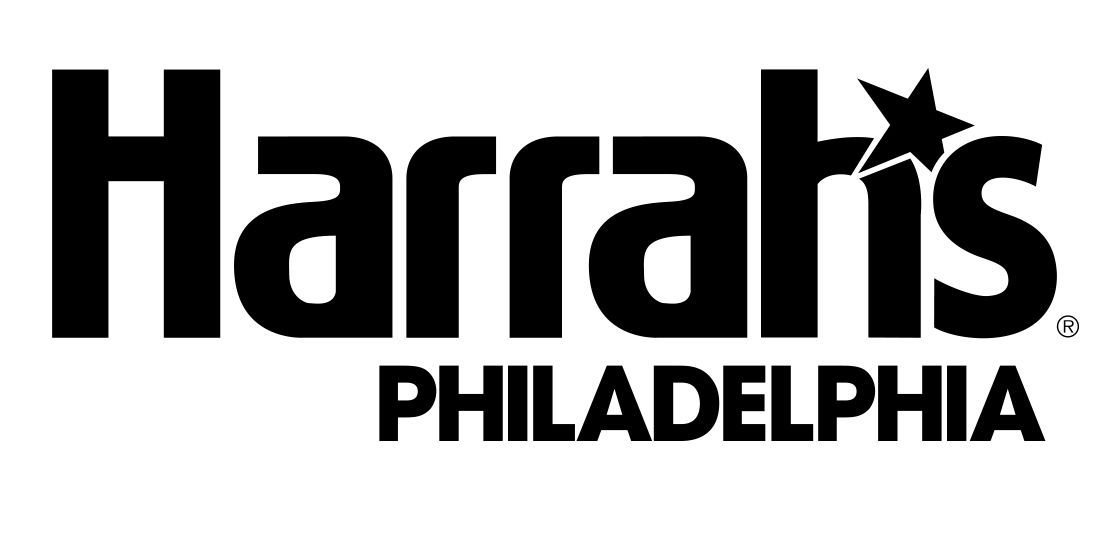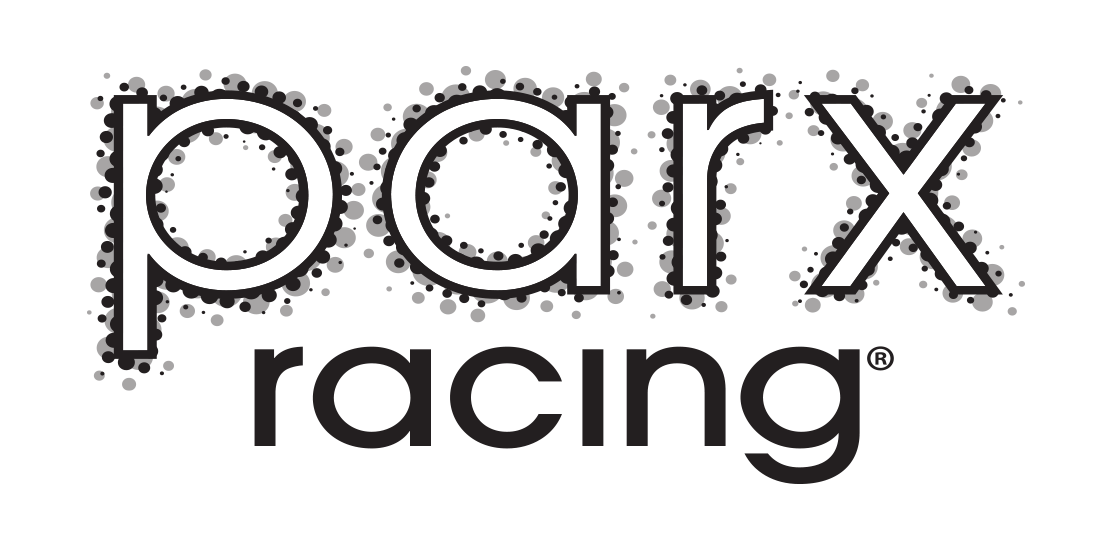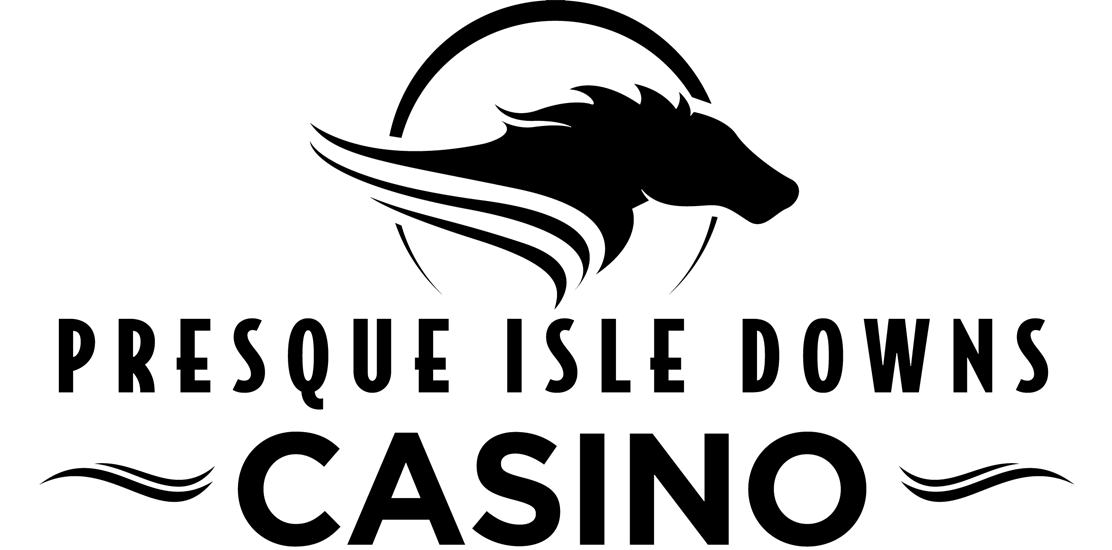At the beginning of 2020, Kim Hankins was giving serious thought to retiring from his position as executive director of the Meadows Standardbred Owners Association (MSOA) in western Pennsylvania.
Yearly skirmishes with Governor Tom Wolf over his desire to extract funds from the Pennsylvania Race Horse Development Fund (PRHDF) to bolster the state budget had become an all-consuming, exhausting battle.
Hankins, 67, also thought it just might be the right time to walk away. The first vice president of Harness Horsemen’s International could never truly turn his back on harness racing, as the sport has been a constant in his life since the day he was born.
Fate can often intervene, and COVID-19 impacted everyone and anything, including harness racing, last year. At the beginning of the pandemic, no one knew when things would return to “normal” and as of now, no one knows when or if that will ever occur.
As Hankins ruminated on his decision, he determined it would be inappropriate to terminate his presence on the scene.
“I had thought about retiring at the end of 2021,” he said. “Because of COVID-19, everyone was hit financially. I felt I needed to stay and at least work through 2022. This is not a time for the transition of this office.
“The MSOA has an aggressive, dedicated board and membership. I believe in our legacy and can’t leave here until I find someone who can take the job. “
So, Hankins continues to push forward and gear up to battle with the governor while looking toward a brighter future.
Gov. Wolf’s proposed budget in February 2020 suggested removing more than $200 million from the PRHDF.
The racing industry and many Republican lawmakers (the governor is a Democrat) contend the funds in this account are not tax dollars. They claim the fund comes straight from the casinos. Also, 15 county fairs in the Commonwealth rely on harness racing to finance their operations. Therefore, there is an agricultural interest, as well.
The PRHDF was established in 2004 to provide an increase in financial assistance to horsemen’s organizations and purse funds to offset the arrival of slot revenue.
Casino contributions are divided as follows:
- 80 percent for increasing purses
- 16 percent for breeding funds
- 4 percent to fund health and pension benefits for members of the horsemen’s organizations.
Horsemen say the fund is restricted and they point to the 20,000 jobs, direct and ancillary, created by racing in Pennsylvania.
“I think one of our biggest problems, and it is continual, are the efforts to attack the PRHDF,” Hankins said. “Every year we go back and fight any and all attempts to remove money from our fund.”
The PRHDF provides purses for races at the following state tracks and off-track betting parlors:
- Parx Casino, Presque Isle Downs & Casino
- Hollywood Casino at Penn National Race Course
- The Downs at Mohegan Sun Pocono
- The Meadows Racetrack and Casino
- Harrah’s Philadelphia Racetrack and Casino.
About 10 percent of the revenue from slot machines goes to the PRHDF.
“It would be impossible to overcome (if Wolf were successful taking from the fund),” Hankins said. “We would be back in the Stone Age. We have 700 horses on the grounds that would be gone. The fund was formed to help us to survive. If [Wolf] takes that money, it will be the end of breeding and racing in Pennsylvania.”
Hankins, who came to The Meadows in 2007, has a blue-blooded pedigree in the sport. His parents, Jack and Joyce, were the first couple inducted into the Illinois Harness Racing Hall of Fame.
His maternal grandmother, Neva Burright, was an inaugural inductee into the Illinois Hall of Fame and is in the Harness Racing Hall of Fame as an Immortal.
Hankins operated a public stable in Chicago and competed on the Illinois stakes circuit for more than two decades.
He campaigned national season’s champions Jubilee Triton and Tiny Laramie, and Illinois stakes winners Fire And Smoke, Dandy Randy, Indian Anna, and Sandy Jane. He also founded Hankins Standardbred Agency, a marketing firm, which produced more than $21 million from selling horses privately and at public auction.
Hankins also owned Illinois’ premier yearling auction, Illini Standardbred Sales, Ltd.
“It’s not like I didn’t have a choice,” he said. “I was born into the racing industry and it was always there for me to make a living from. I started as a trainer and driver. In 1987, I decided to dedicate myself to the industry to help in any way I could.”
Hankins served on the board of directors of the Illinois Harness Horsemen’s Association for 12 years, with five terms as president and seven terms as vice president. He represented Illinois on the USTA Board for 12 years—including five years as chairman of the Driver/Trainer Committee.
Hankins served as a paddock, placing and patrol judge at the Chicago tracks before moving to California to serve as executive director of the California Harness Horsemen’s Association for three years. He then headed east to join the MSOA as executive director.
“The racing industry is heavily regulated,” Hankins said. “I wanted to make sure the horsemen’s voices were heard and their interests were protected. We were able to turn things around in California through sire stakes races and health insurance.
“Every morning I wake up, I thank God I can help horsemen. It’s important they are represented.”
Two members of the MSOA board of directors feel Hankins has brought his dream to fruition and The Meadows is pointed in the right direction, thanks to his efforts.
“I think he’s done more behind the scenes than people realize,” said Dirk Simpson, an owner, trainer, and driver at The Meadows. “He’s been great on the political part of the job. He’s built a good rapport with several leaders and that’s a huge benefit for us as an organization.
“Kim deals with track and safety issues every day. He’s our liaison. I know he gets bombarded with questions and concerns every day. His door is always open and he’s willing to have a discussion.”
Trainer Rich Gillock, MSOA’s president, says Hankins is 100 percent devoted to the horsemen.
“When he came here, he brought with him an extensive background in the industry,” Gillock said. “His family members are in the Hall of Fame. He knows the ins and outs of the industry. He is always versatile in helping with work issues.
“Kim is dedicated to the people. He handles most situations. I think he is organized and good at what he does.”
Gillock admits there are issues at racetracks all over the country and The Meadows certainly is not alone.
“COVID-19 has been the biggest issue at The Meadows for almost a year,” Gillock said. “Political issues are major issues here. We never can tell year-to-year what finances we can maintain.
“Kim knows people and is very good at representing horsemen at meetings and functions. Many people don’t get to see what I do when it comes to his work. I honestly thought last year at this time, he was going to retire and move on with his life while he is still physically able to do things.
“There’s nothing in writing. We do need to talk, and he’ll need to convey what he is thinking. Then I’ll reflect that thinking back to the board. Overall, he has done a very good job.”
Two issues horsemen privately discuss are the conditioning and maintenance of the track, as well as the availability of veterinarians during racing.
“We have a vet at the track at least one hour before a card is scheduled to begin,” Hankins said. “We have another one there at least a half-hour after the card concludes. We have another vet to attend to any issues [during the card]. The safety of horses is of utmost importance. The lack of a vet at the track would never happen. In our view, a race cannot be contested without an ambulance, an outrider, and a vet at the track.
“We continue to meet and talk with track management about the surface of the racetrack. That’s their bailiwick. It’s something we work with them constantly on. Every so often the trackman will come in to explain things and to talk about the surface. The No. 1 concern of the horsemen is the condition of the racetrack. You can only blade [the track] so many times.”
Simpson said horsemen want more material on the track than has been used in the past and possibly a return to the conditioning treatments from Illinois that were used previously. Horsemen felt that system worked well.
“We grind [the track] up fairly quickly,” Simpson said. “They put more material on it last spring and it worked. It’s another matter when the snow and cold arrive from winter.”
“We have our track committee,” Gillock said. “Do [the requests from horsemen] always get done? No. The trackman is the trackman. It’s his call. People don’t realize you can’t snap your fingers to make it right all the time. Kim does call and they talk. The trackman makes the final call.”
Hankins continues to be optimistic for the future of The Meadows and stoutly supports what the facility has established.
“We’re always trying to upgrade the product and the quality of horses,” he said. “We’re in a difficult situation with Ohio doing so well. They get more top-class, stakes horses there. It’s hard for us to compete.
“We’re the best with overnights. Our overnight payouts are quite impressive. In 2019, we were the second largest of overnight providers in the country behind only Yonkers Raceway. We’re only limited by what we can payout.”
Original source credited to: harnessracingfanzone.com


